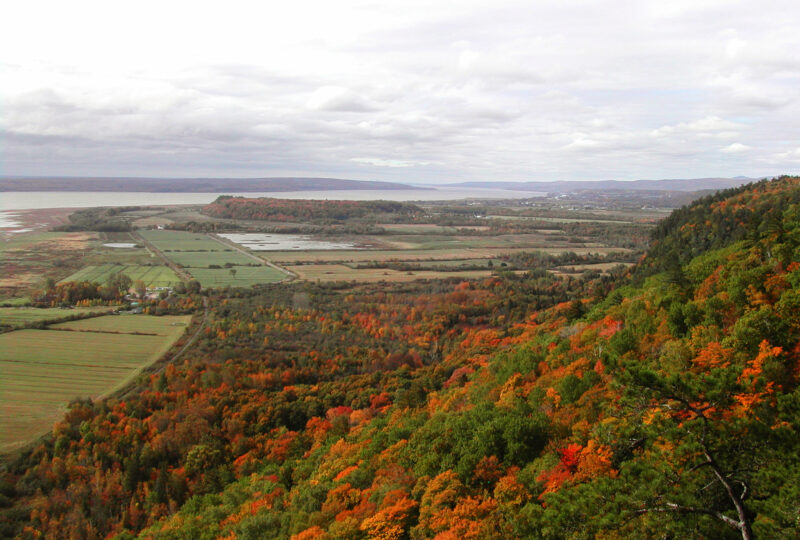Project description
The geological storage of CO2 is a key technology among the solutions being considered to fight against climate change. This process involves injecting previously captured CO2 into deep and suitable geological formations, such as depleted oil and gas reservoirs or saline aquifers, where it will remain trapped through various mechanisms.
The research project aims to put in place the conditions that will allow the start of a first pilot project of CO2 storage in Quebec, in the St. Lawrence Lowlands region. In this project, there will be a postdoctoral fellowship, a PhD and a MSc student. The PhD student will be responsible for the literature review on laboratory geochemical reactivity monitoring assays for geological storage. They will have to design and plan the experiments by defining the experimental conditions such as temperature, pressure, time and the lithologies studied. They will create a thermodynamic and geochemical model using the PHREEQC software in order to simulate the chemical reactions involved. The interpretation of the results will consist of comparing the experimental data with the model’s predictions to identify relevant correlations. Finally, they will have to use these analyses to refine the reactivity forecasts and contribute to the improvement of the interpretation model.
The successful PhD candidate will carry out their studies at the INRS Eau Terre Environnement Research Centre, located in downtown Quebec City. They will be part of the professor Pasquier research team, which has 10-15 HQP (highly qualified personnel) from culturally diverse backgrounds. They will also interact with the teams of professor Bordeleau, and of professors Giroux and Gloaguen, who are responsible for the geophysics components of the project, as well as with the industrial partners involved in the project. They will have access to state-of-the-art scientific facilities and benefit from a tailor-made training plan, adapted to their aspirations, which will enable them to acquire skills that are highly sought after in the work market. They will be encouraged to disseminate their results through the publication of scientific articles and presentations at conferences, with an opening to other modes of dissemination and knowledge transfer, in particular through outreach activities. They will also be eligible to become member of the Pôle géoscientifique de Québec (PGQ), a group of researchers from INRS and the Geological Survey of Canada (part of Natural Resources Canada) aimed at promoting geoscience to various audiences.
Start date
Fall 2025
Research supervision
Louis-César Pasquier, professor, INRS
Study program
PhD in Earth sciences (program details in French only), Eau Terre Environnement Research Centre, INRS
The language of instruction at INRS is French, while communications with research teams can generally be done in French or English. To be admitted as students, candidates must present proof of functional knowledge (level B2) in French or English.
Funding
All INRS students receive financial aid (more info).
Required qualifications
Requirements: Hold a thesis-based MSc degree in Earth sciences or any other discipline relevant to the project; demonstrate some knowledge of thermodynamic equilibria and geochemical modelling; have previous experience in the laboratory, particularly in experimentation and analysis; demonstrate autonomy in the organization of work, particularly for the development and achievement of research objectives.
Asset: Modelling experience with PHREEQC
How to apply
Please use the form below to send your application including the following documents in PDF: 1) A cover letter (1 page maximum) describing your interest in the project, your previous experience (e.g. in the laboratory, in the field, in data analysis, and scientific publications) and clearly demonstrating how you meet the profile sought (requirements and asset), 2) a CV, and 3) a copy of your university transcripts.

